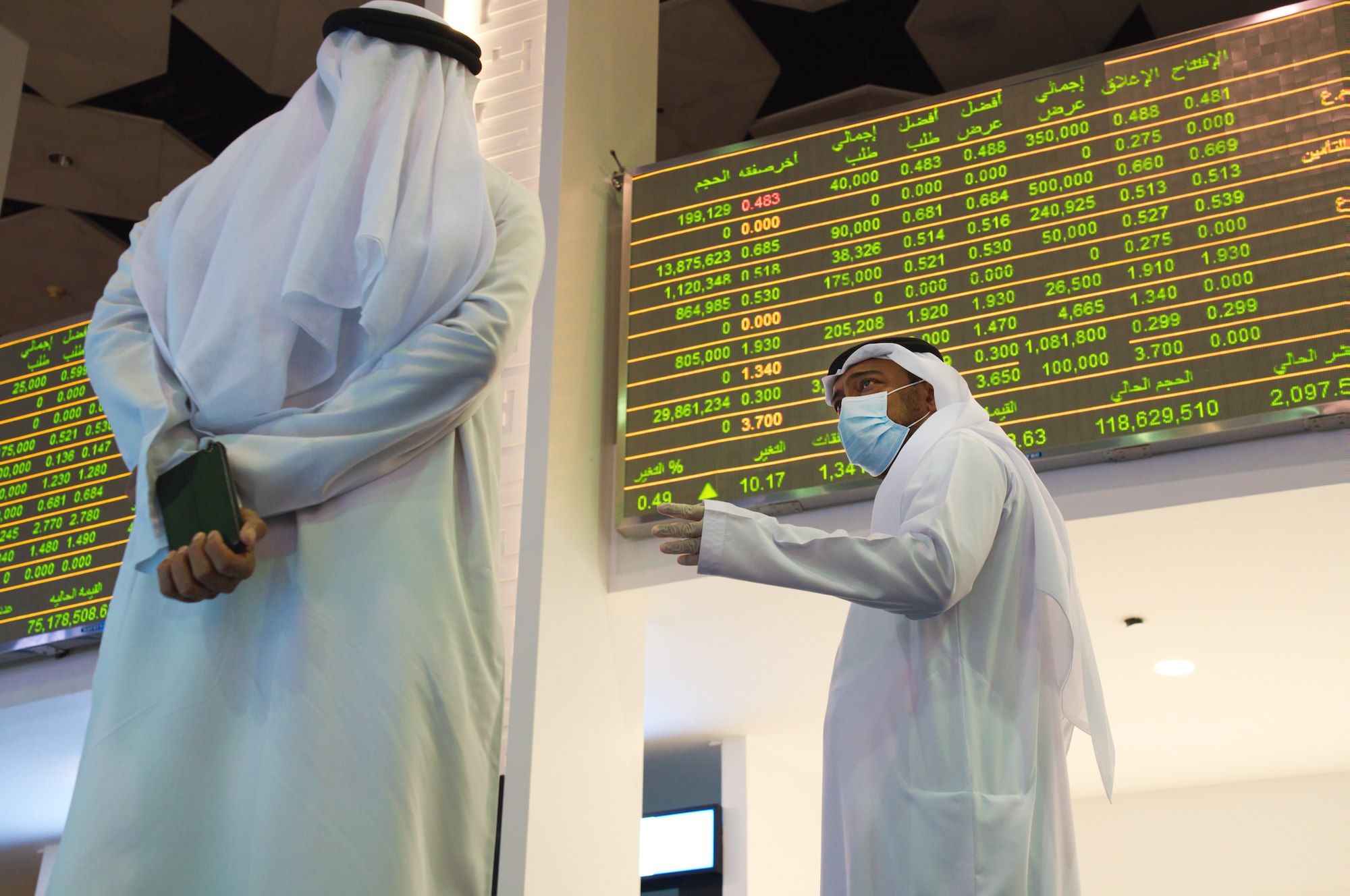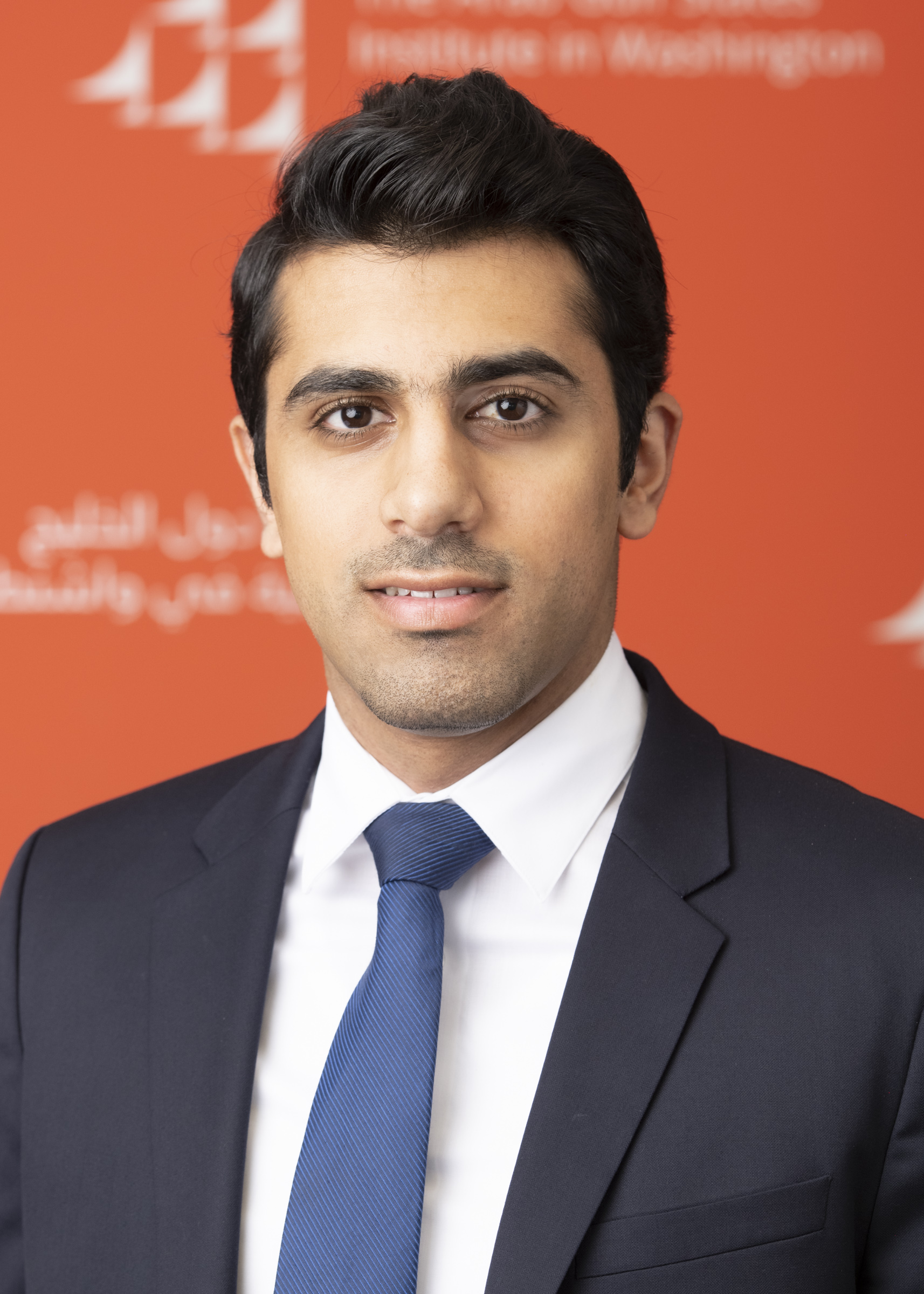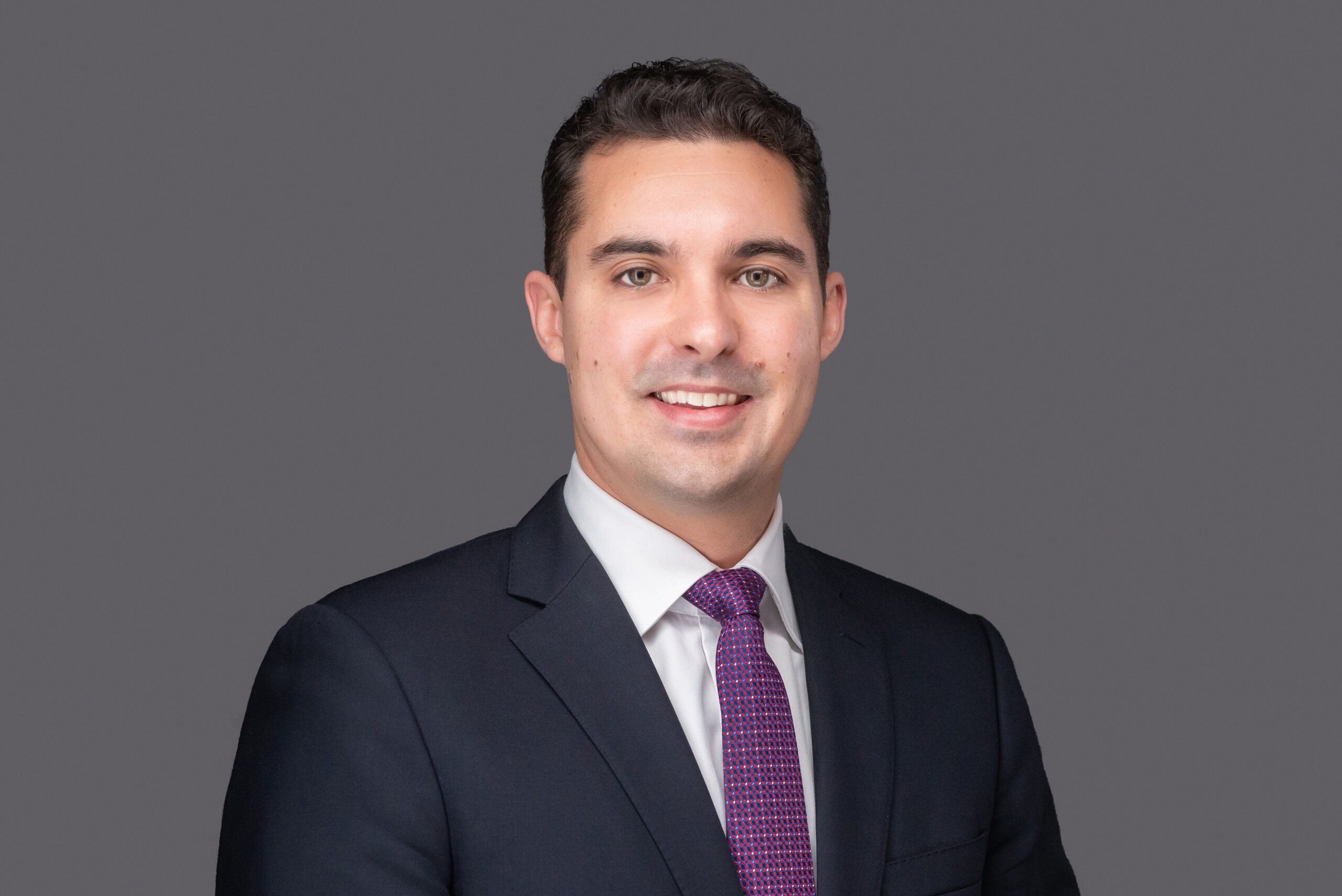Kuwait
Oct 5, 2020
Kuwaiti Foreign Policy Under Sabah al-Ahmed
With the current makeup of Kuwait’s political system, popular influence will continue to play a role in charting Kuwait’s foreign policy.
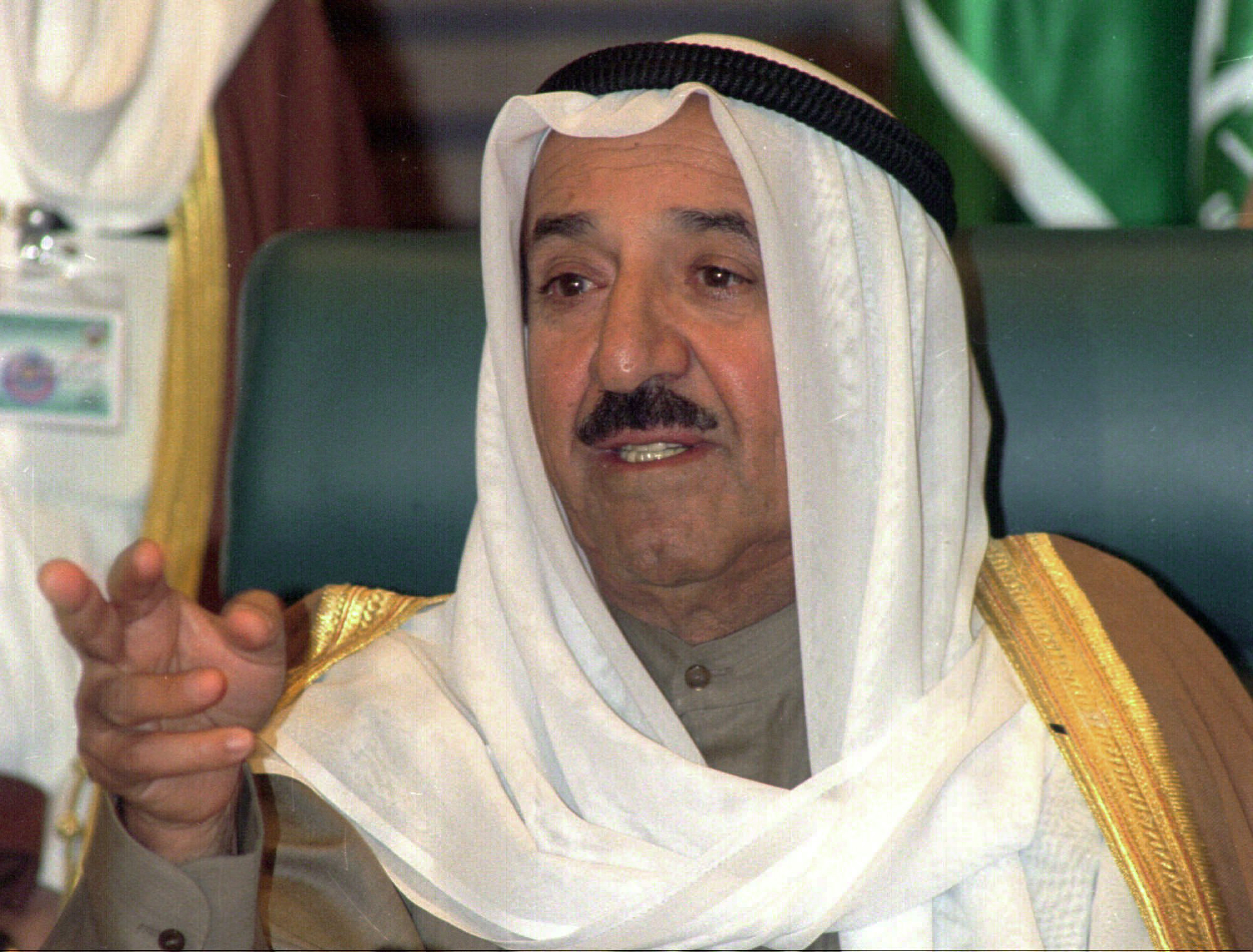
Oct 1, 2020
Remembering Emir Sabah al-Ahmed al-Sabah
AGSIW offers reflections on Sabah al-Ahmed by former U.S. ambassadors to Kuwait, Deborah K. Jones, Douglas A. Silliman, Lawrence R. Silverman, and Edward W. Gnehm, Jr., as well as former U.S. Ambassador and Representative to the United Nations Thomas R. Pickering.
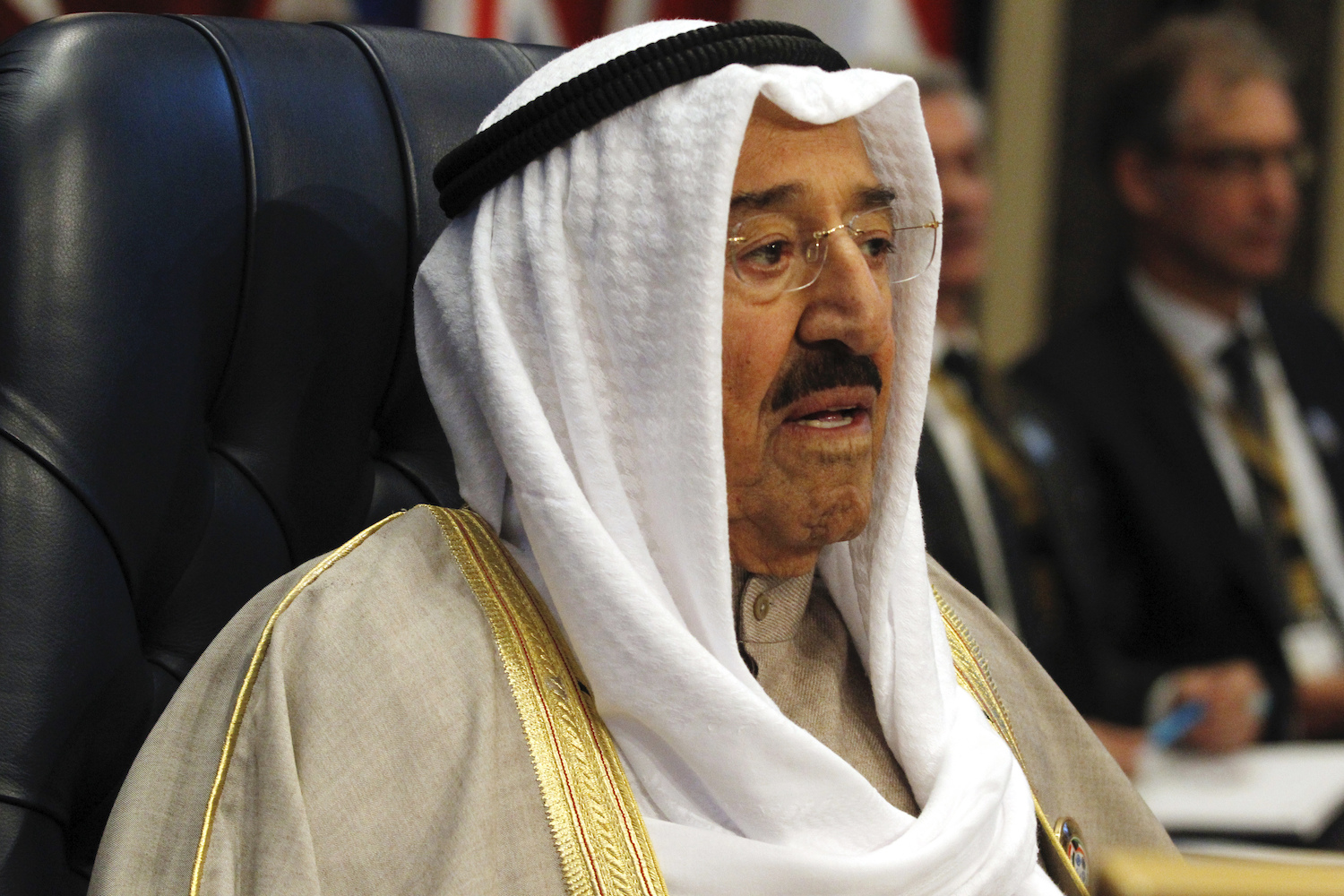
Sep 29, 2020
Kuwait’s Patient Statesman
The death of Kuwait’s emir, Sabah al-Ahmed al-Sabah, marks the passage of a seasoned diplomat, cunning politician, and valued humanitarian. Will his successor preserve Kuwait’s democratic political culture and independent foreign policy?
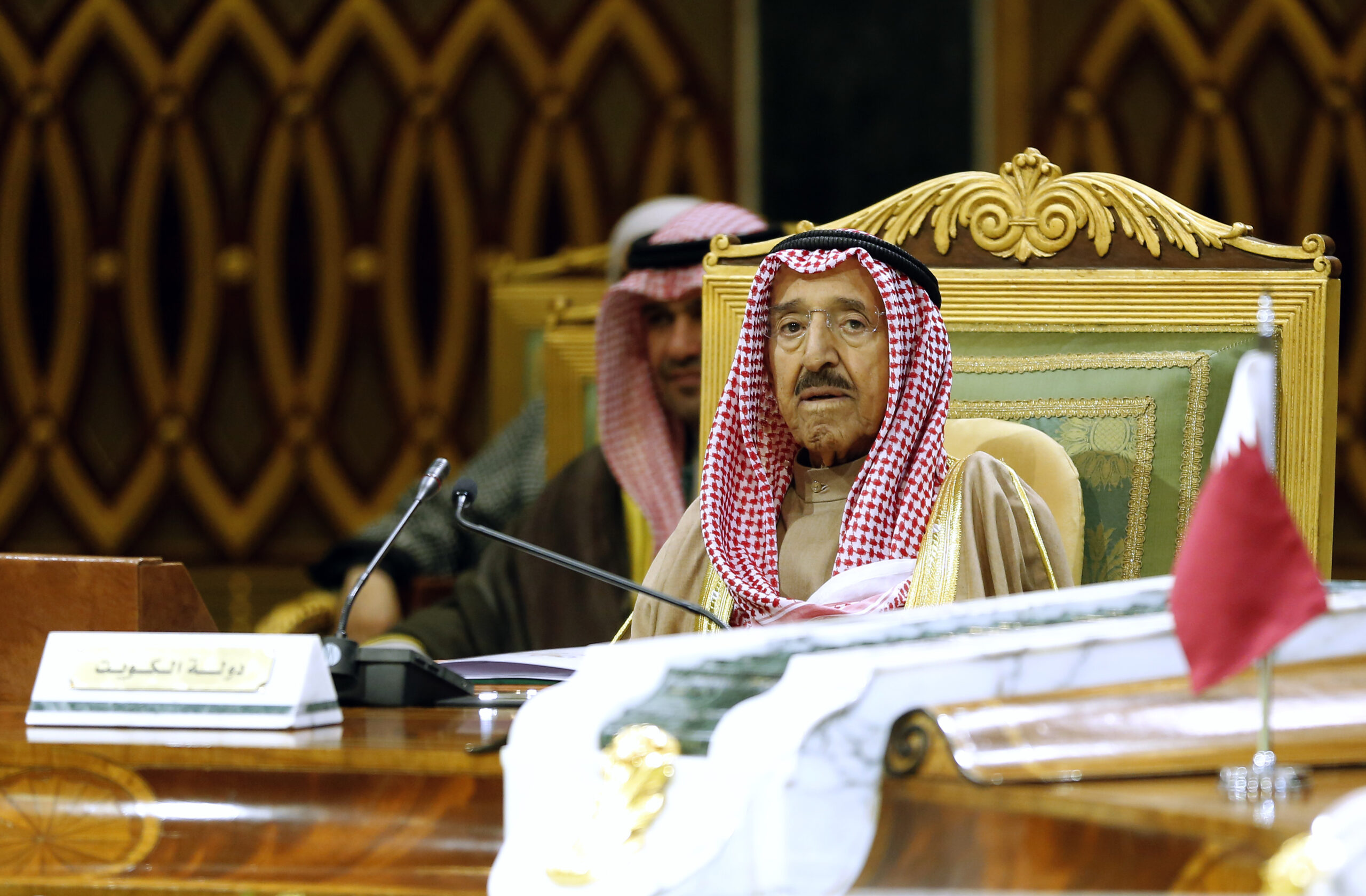
Sep 25, 2020
Gulf States’ Climate Change Policies Amid a Global Pandemic
The coronavirus pandemic represents an opportunity to reevaluate existing policies and tools, and climate change provides the needed lens for redirecting development onto sustainable trajectories.

Sep 21, 2020
Controlling the Narrative: Censorship Laws in the Gulf
Kuwaiti activism against book censorship yields a partial victory, but expression remains strictly regulated through press and publication laws across the Gulf.
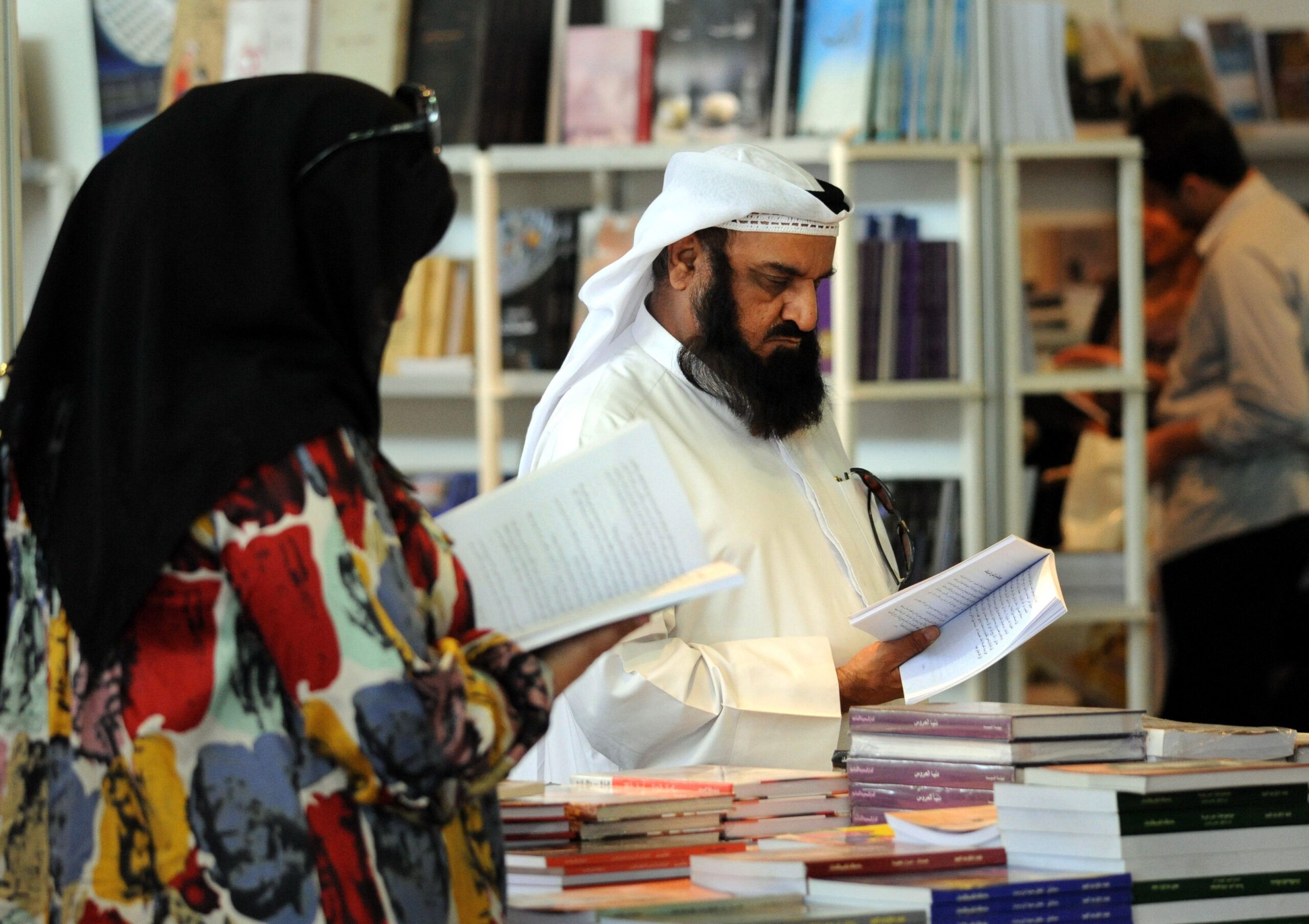
Sep 14, 2020
Kuwait Appoints Female Judges, Triggering Parliamentary Debate Over Women’s Role in Society
The path to put women on the bench in Kuwait has been long and controversial. Without real political will to increase opportunities for women, the wheels of change will continue to turn slowly.
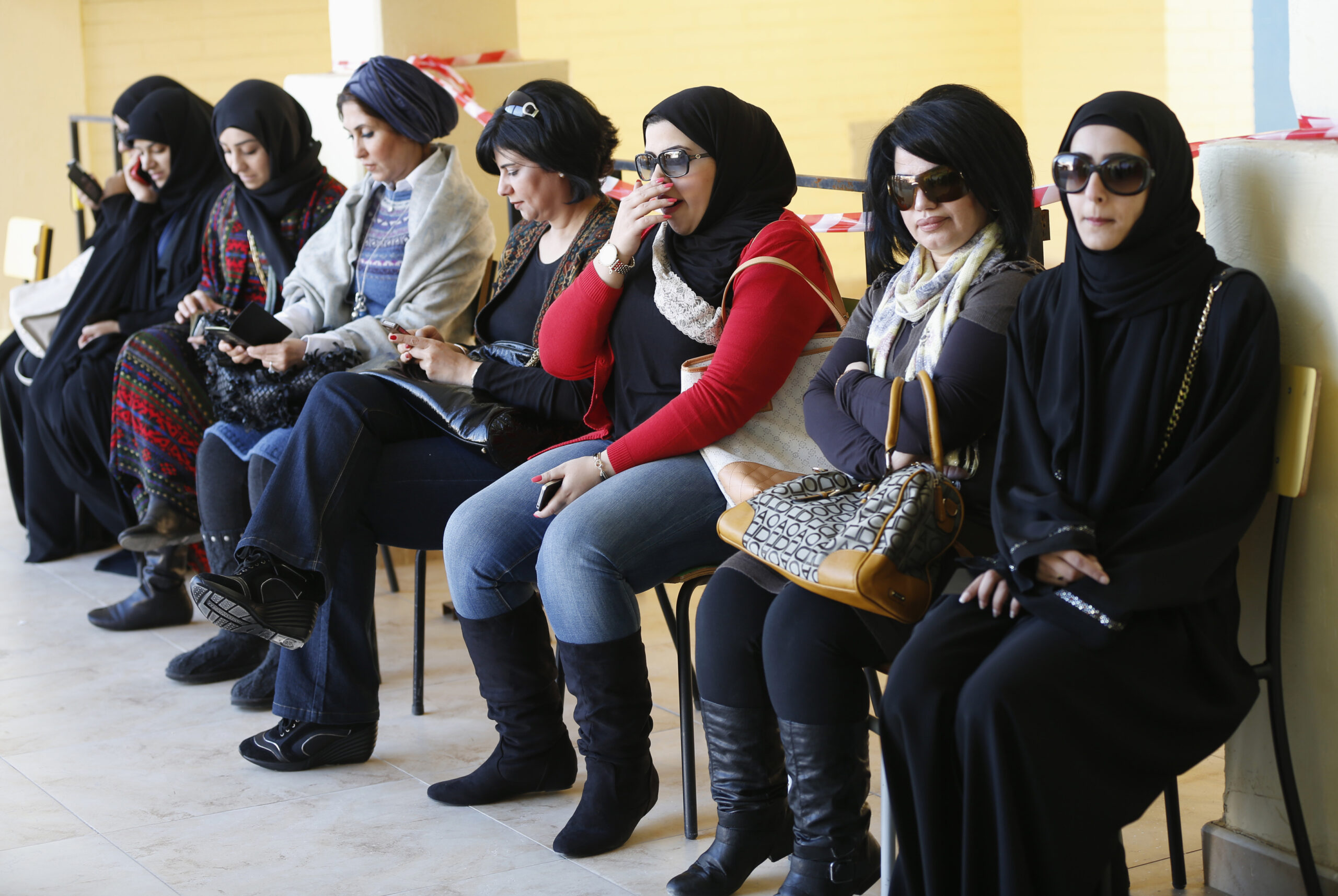
Aug 24, 2020
Public Debate Over the Abraham Accords Reflects Range of Views on Normalization in the Gulf
While political narratives on Israel are shifting under the influence of some determined state leaders, resistance to normalization remains across Gulf societies.

Aug 19, 2020
Is This Time Different? The Gulf’s Early Economic Policy Response to the Crises of 2020
As Gulf Arab policymakers continue to confront an ambiguous future, they will rely heavily on familiar economic policy measures and avoid straying from the status quo as long as possible.
